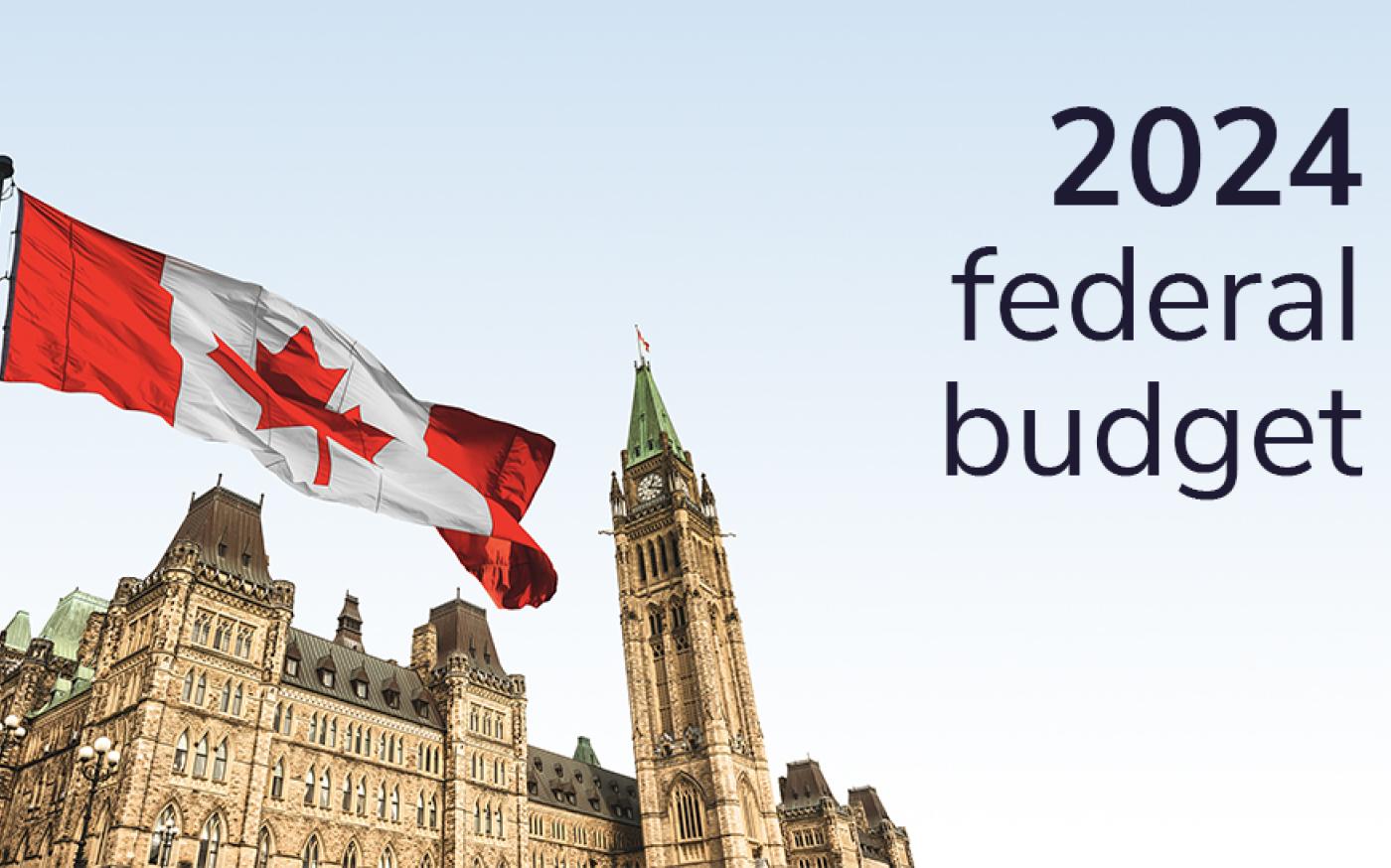Some Canadians are fortunate enough to get great workplace benefits. These often include health and dental coverage, a company pension and company share ownership options. Another common benefit is company life insurance (known in the industry as group life insurance).
Did you know that over half of Canadians don’t have a will? And that number jumps to 70% for younger Canadians (aged 18-34) and 66% for those aged 35-54. This is even more surprising given that almost 60% of Canadians think they have a good level of estate planning in place.
Many investors struggle to keep their emotions in check when making investment decisions. After all, we’re human beings; our instincts often dictate our behaviour, even in the face of hard facts and rationality. These four strategies can help you to avoid making impulsive decisions and keep your financial plan on track.
While many Canadians understand the benefits of investment income and insurance, fewer know about strategies that combine the two. Find out how these strategies can boost investment growth, reduce risk and improve tax efficiency.
As you begin to get ready to prepare your 2024 tax return, we want to ensure you’re aware of important upcoming dates and deadlines so you have everything you need to file your return with minimal hassle.
Starting university is an exciting time for students but can be a stressful one for their parents. While it’s natural for parents to be concerned about where their kids will live or what they’ll eat if they’re studying away from home, the biggest worry may be around how to pay for tuition and accommodation.
Creating a will means making big decisions that will impact your family for years after you’ve gone. While divvying up assets, assigning care for dependants and tax planning will take up most of your will-creating conversation, you’ll also have to consider who should be the executor of your will (or the liquidator in Quebec).
It’s not easy to talk about estate planning; after all, who wants to think about what might happen when they’re no longer here? It’s also a complicated topic, covering investments, tax and real estate, not to mention hard-to-navigate family issues. There’s far more to it than just making a will — find out exactly what’s involved in estate planning. As a result, many people make mistakes or forget important steps when developing their estate plan, which can lead to trouble for their loved ones.
The 2024 federal budget tabled by Finance Minister Chrystia Freeland on April 16 contained several proposals that will impact the financial, tax and estate plans of Canadians. The following is a summary of the most relevant budget proposals that may impact Canadians.
If you die without leaving a will, it could become a major headache for your family members and loved ones. With no will, the government will decide on who gets your money and assets, and every province and territory have their own distinct intestate rules regarding who will benefit from your estate.
Selling a business is a significant decision, often marking the culmination of years, if not decades, of hard work, perseverance, and dedication. The process can be complex and emotionally charged, and being well-prepared is key to ensuring a smooth transition and achieving the best possible outcome. This article will provide a detailed checklist to help guide medium-sized business owners through the necessary steps in preparing for the sale of their business.
What is longevity risk? And is your retirement portfolio built to handle it? Longevity risk is the possibility of living so long after retirement that you go through your savings too soon. A couple of generations ago, longevity risk wasn’t much of an issue for Canadian retirees. Back in 1970, Canadians had an average lifespan of around 72, so their retirement savings only had to last for around seven years, on average.













